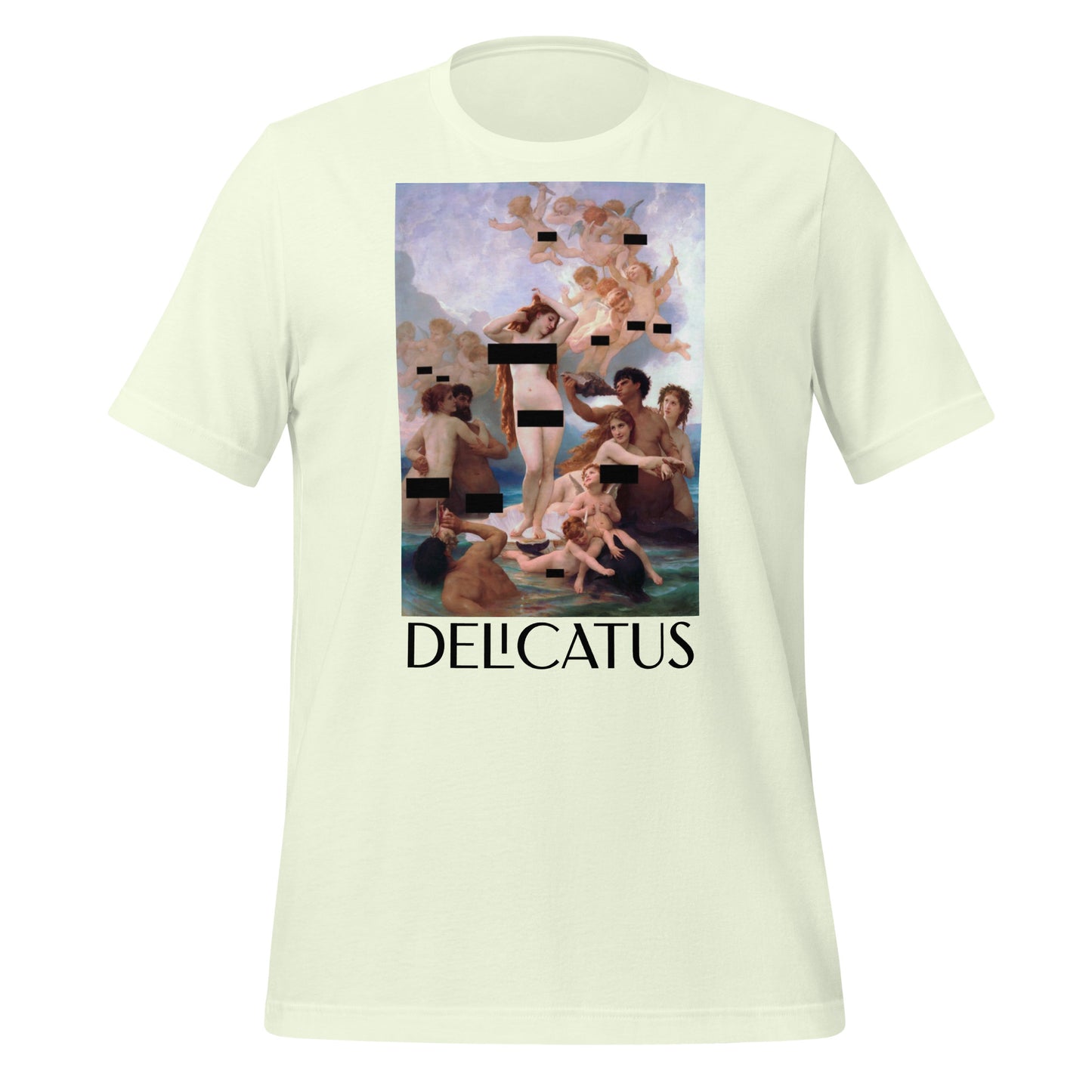1
/
of
2
"Delicate Woman" Unisex t-shirt
"Delicate Woman" Unisex t-shirt
Regular price
$34.00 USD
Regular price
Sale price
$34.00 USD
Unit price
/
per
Couldn't load pickup availability
Artists and poets have long been captivated by Venus, portraying her as the ultimate muse. From Botticelli’s "The Birth of Venus" to ancient statues and modern interpretations, her image is a canvas upon which humanity projects its understanding of harmony, proportion, and grace. These depictions underscore her role as a universal standard of beauty, one that has shaped artistic and cultural ideals for centuries.
| LENGTH (cm) | WIDTH (cm) | CHEST (cm) | |
| XS | 68.6 | 42 | 78.7-86.4 |
| S | 71.1 | 45.7 | 86.4-94 |
| M | 73.7 | 50.8 | 96.5-104.1 |
| L | 76.2 | 55.9 | 106.7-114.3 |
| XL | 78.7 | 61 | 116.8-124.5 |
Share




